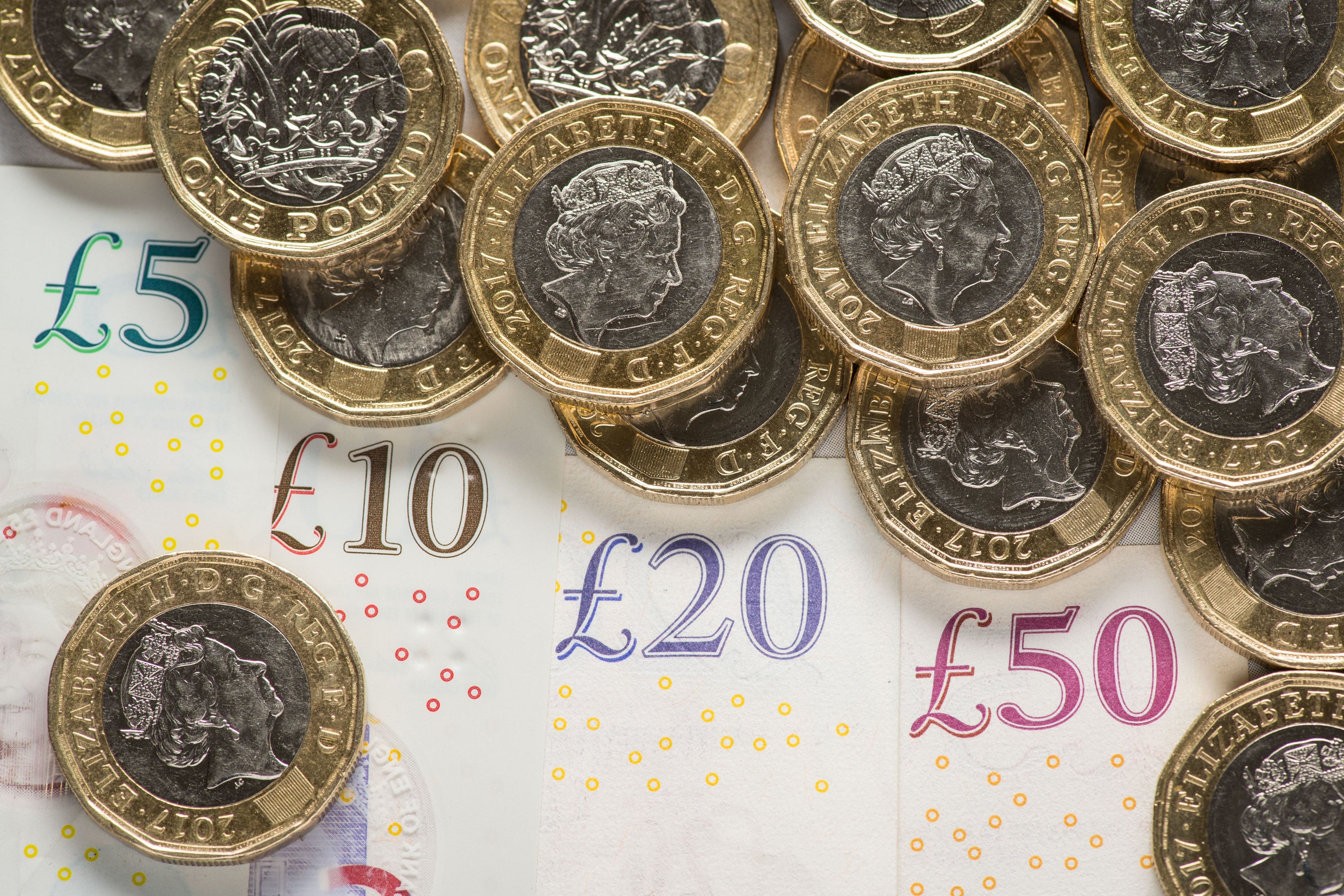Covid loans worth £28bn ‘paid out before basic anti-fraud measures started’
Billions of pounds might have been lost to fraudsters who fooled the Government’s bounce back loan scheme.

The Government only put in some basic anti-fraud checks on the small Covid loans it was providing to businesses once more than £28 billion had already been paid out, a new report has found.
Checks to ensure that a company was not applying for more than one bounce back loan were not put in place until June 2020, a month after the scheme was launched, the National Audit Office said on Friday.
By then, 61% of the money that was to be lent under the scheme had already been paid out to businesses.
Other counter-fraud activities did not begin until September 2020 as the Government focused on getting out the loans to support struggling companies.
“Government prioritised getting bounce back loans to small businesses quickly but failed to put adequate fraud prevention measures in place. One impact of these decisions is apparent in the high levels of estimated fraud,” said NAO boss Gareth Davies.
Auditing giant PwC which has been hired by the Government, has estimated 7.5% of loans might be lost to fraud, at a potential £3.5 billion cost to the taxpayer.
The Government knew the risks as it launched the scheme, but had to weigh them against the consequences of not getting money to businesses rapidly.
The bounce back loans propped up 1.5 million businesses, potentially saving many from bankruptcy.
Many businesses were also paid within 24 to 48 hours of submitting an application.
Instead, the Government has focused on detecting problems after the loans have been paid out. But the NAO criticised some of the approach to this.
The business department has used the National Investigation Service (Natis), a law enforcement body, to track down major fraud in the scheme.
But Natis only has the capacity to pursue at most 50 cases per year. It received more than 2,100 intelligence reports by October this year.
Meanwhile, the Government is relying on banks to police midsize and small fraud. Banks provided the loans to businesses, but the Government has promised to fully reimburse the lenders if loans are not repaid.
“This offers limited commercial incentive for the lender to go beyond the scheme rules in seeking a full recovery of overdue loans, fraudulent or otherwise.”
By April, lenders claimed to have stopped nearly £2 billion in fraudulent loans from going out, and discovered £5.3 million that had been paid.
The scheme was administered by the British Business Bank on behalf of the Government.
The bank’s chief executive Catherine Lewis La Torre said: “The bank welcomes the NAO’s findings that ‘most of the loans – over 90%, or £39.7 billion – went to micro-businesses’ and that ‘businesses have found the loans useful to address cashflow shortages during the pandemic’.
“This is supported by the bank’s own research which finds ‘that about 70% used the funds for working capital and day-to-day expenses’.
“The bank also welcomes the finding that ‘most businesses have started to repay loans’, evidenced by recent data published by the Department for Business, Energy & Industrial Strategy (BEIS) and the bank, showing the overwhelming majority of businesses are meeting their monthly repayments.
“From the launch of the scheme, the British Business Bank has worked with lenders and across government to prevent, detect and counter fraud and put in place as quickly as possible additional measures to further mitigate fraud risks.”
A BEIS spokesperson said: “The Government support schemes have provided a lifeline to millions of businesses across the UK – helping them survive the pandemic and protecting millions of jobs.
“We are continuing to crack down on Covid-19 fraud and will not tolerate those that seek to defraud the British taxpayer. We are working closely with lenders and enforcement authorities to minimise fraud and ensure those that have committed fraud face consequences.”
Federation of Small Businesses national vice chair Martin McTague said: “When they created Bounce Back Loans last summer, the Government and British Business Bank were faced with an extremely difficult task: getting cash into as many of these small firms as possible, as quickly as possible, whilst rightly doing all they could to shut out fraudsters in a fast-moving situation.
“After weeks of the original interruption loan scheme simply not working for the smallest firms most in need, hold ups with the bounce back programme would have been catastrophic.”